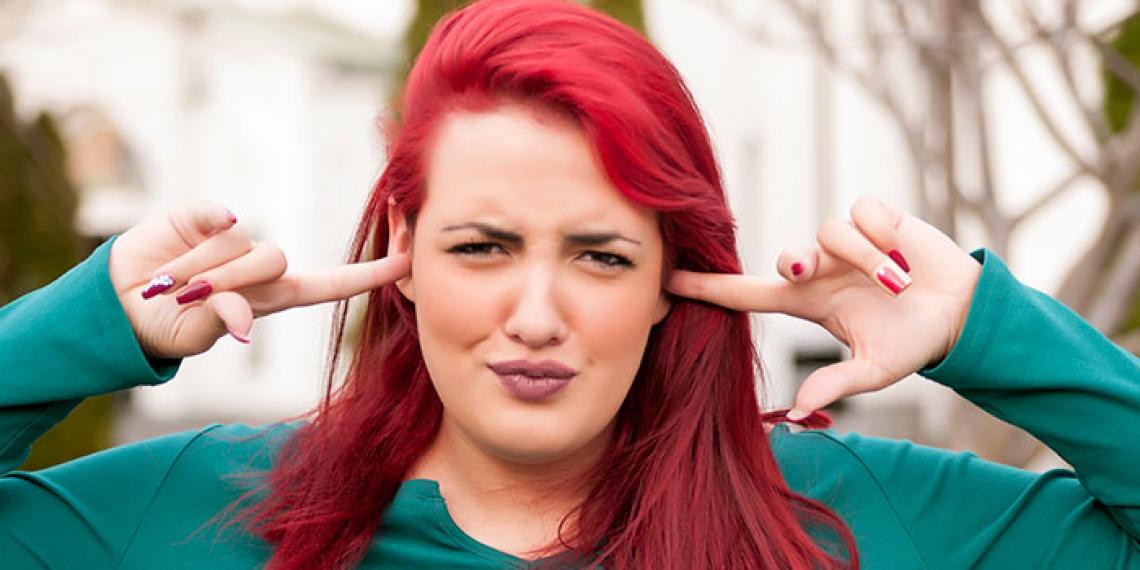You are here
Always about the one

Well, that’s democracy,’ said TV broadcaster Mike Hosking, with a shrug of his shoulders. That’s what got me—the shrug. It implied that we might not like it, but we better lump it.
Unless you’ve been living in some utopian alternative reality (sounds blissful, can we join you?), you’ll know about some of the decisions being made in the world’s most powerful corridors. Decisions aimed at humiliating people and upholding unjust power structures. Baffled news commentators respond with, ‘Well, that’s democracy.’
It’s easy to roll our eyes when we hear about Donald Trump’s most recent act of lunacy/comedy/genius (circle most appropriate). But Mike Hosking was talking about us, here in New Zealand. I was listening to an interview with former New Plymouth mayor Andrew Judd, advocating for Māori representation (check out the last issue of War Cry). Apparently, we don’t want Māori represented in local politics. Kiwis voted against it by 83 per cent.
But, that’s democracy. I wonder when democracy became something we can’t question? As if democracy is next to godliness. Our particular political system is simply a human construct, certainly not created and ordained by God. Sure, it might be the best of a bad bunch, but it’s fallible.
When we shrug our shoulders and say, ‘that’s democracy’, we excuse dumb decisions. We fail to ask the questions that need to be asked—like, what are the power structures within democracy that silence the marginalised? Jesus challenged the powerful and lifted up the powerless—and he has called his followers to do the same ever since. ‘The first will be last, and the last will be first,’ was his mantra.
I abhor the accusation that Christians don’t think. We don’t have the luxury of floating along on the tide of public opinion. We’re called to constantly ask whether we’re siding with the powerful, or the powerless. This sometimes means challenging the powerful majority. For example, if New Zealand introduces euthanasia, how will we ensure we protect the most vulnerable? As a feminist, what does it really mean to be sovereign over my own body? Am I primarily an individual, or connected to something far greater?
And there is an even greater warning for Christians: we are called to question our own blind spots, before we dare to question anyone else.
Are we embracing the marginalised—those people of differing sexualities, religions, ethnicities, economic status, or even morality—or are we holding on to our own form of power? Do we wrap arms of love around the girl who has had a termination? Do we embrace the transgendered? Do we love the Muslim?
Within our Christian walls we also have power structures—and unless we make the least powerful among us feel the most included, we are not doing the work of Christ. Jesus was never about the popular majority, he was always about the one.
by Ingrid Barratt (c) 'War Cry' magazine, 25 March 2017, pp3
You can read 'War Cry' at your nearest Salvation Army church or centre, or subscribe through Salvationist Resources.